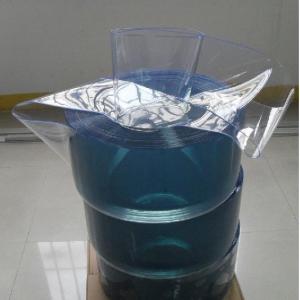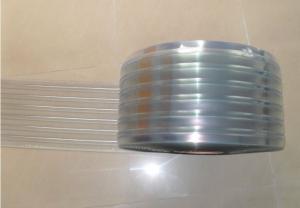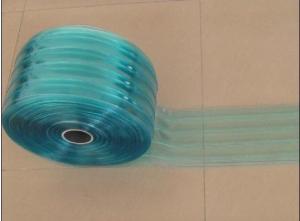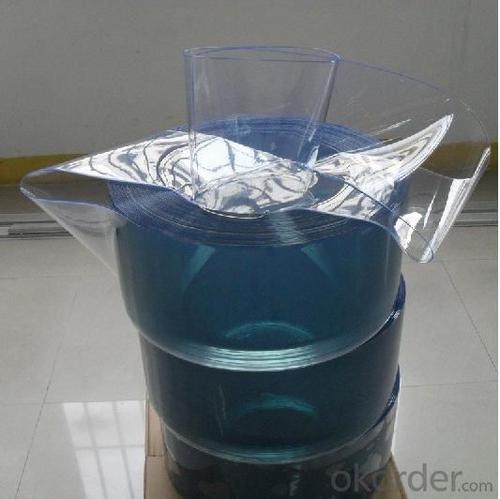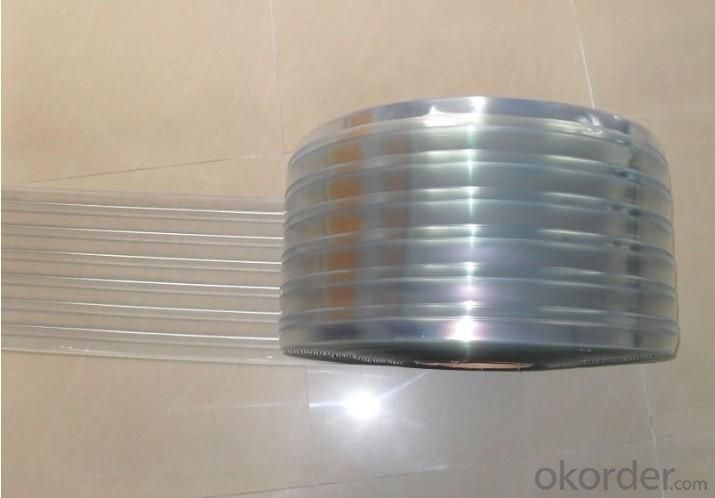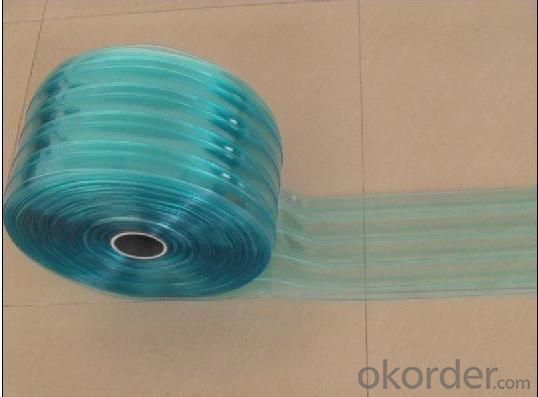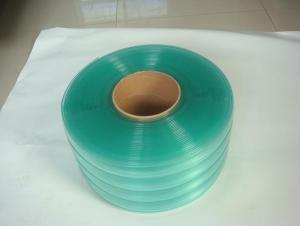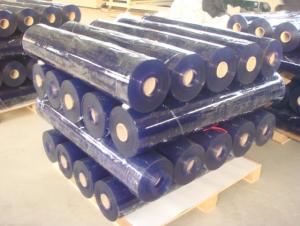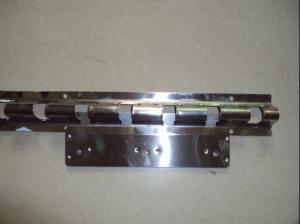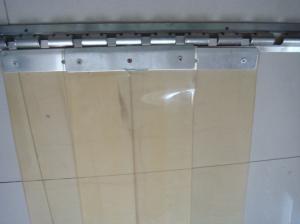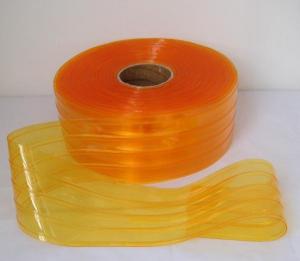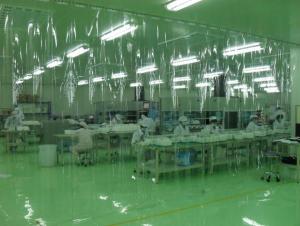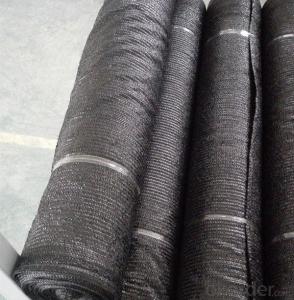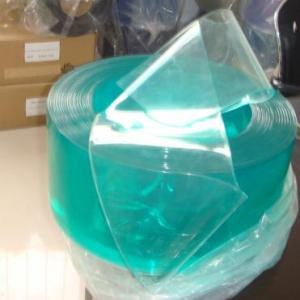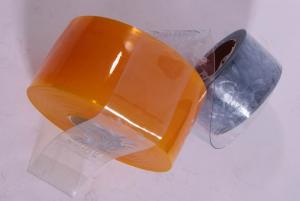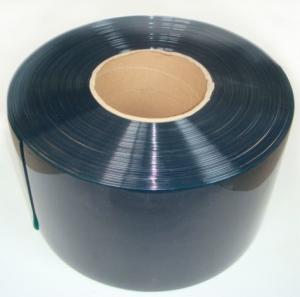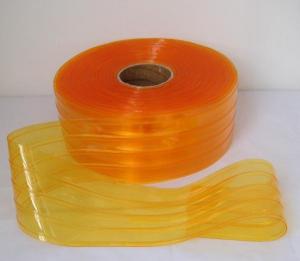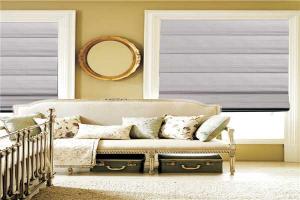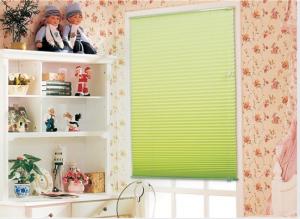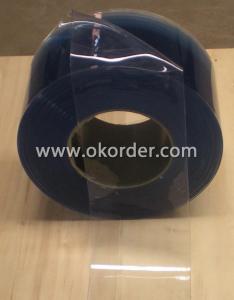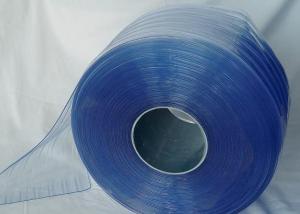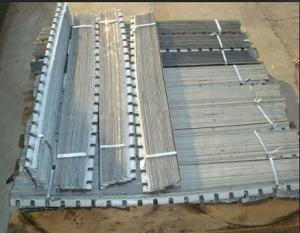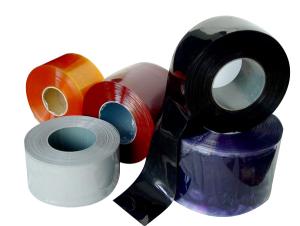Anti Static PVC Strip Curtains in Green Color
- Loading Port:
- TianJin
- Payment Terms:
- TT or L/C
- Min Order Qty:
- 50 Rolls roll
- Supply Capability:
- 15 Containers Per Month roll/month
OKorder Service Pledge
OKorder Financial Service
You Might Also Like
Specifications of Factory-sale Anti-static PVC Strip Curtains
Application tempt range: -15℃to 50℃
Thickness range from 1.5mm to 6mm
Width range from 150mm to 400mm
Standard Sizes
2mmX200mmX50m; 2mmX300mmX50m;
3mmX200mmX50m; 3mmX300mmX50m;3mmX400mmX50m
4mmX300mmX50m; 4mmX400mmX50m
Applications of Factory-sale Anti-static PVC Strip Curtains
Widely used in electronics, food, pharmaceutical, refrigeration industry.
Can be used as barrier wall,protective portiere/curtain for sensitive area or protective cover for sensitive industry.
Package& Delivery of Factory-sale Anti-static PVC Strip Curtains
Wooden pallet,shirnk film according to custom requires.
Colors of Factory-sale Anti-static PVC Strip Curtains
Green,Clear.
Data sheet of Factory-sale Anti-static PVC Strip Curtains
Performance Text | Standard Clear Formula | Cold Formula | Super Polar Curtain | Unit |
Softness A Hardness | 75+-5 | 65+-5 | 65+-5 | / |
Brittle Point | Approx -35 | Approx -45 | Approx -45 | Degress C |
Falling Ball Test | -20 No Break | -40 No Break | -50 No Break | Degress C |
Flexibility | -20 No Break | -40 Bo Break | -50 No Break | Degress C |
Water Absorption | 0.20% | 0.20% | 0.20% | % |
Tensile Stress | 340 | 420 | 420 | % |
Rupture Resistance | >5 | >2 | >2 | N/mm |
Reaction to fire | Self-Extinguishing | Self-Extinguishing | Self-Extinguishing | 0 |
Flammability | Inflammable | Inflammable | Inflammable | 0 |
Airborne Insulation | ~35dB | ~35dB | ~35dB | 0 |
Light Transmission | >80 | >80 | >80 |
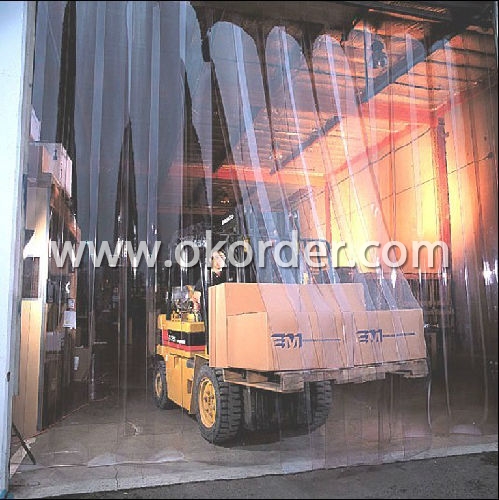
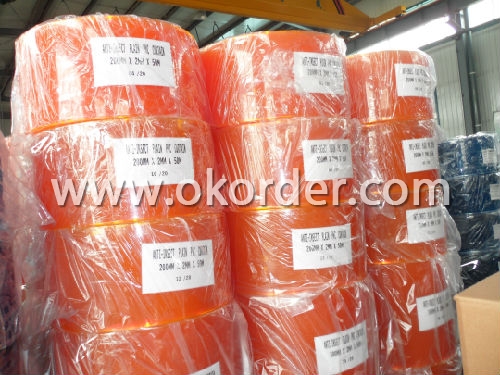
- Q: Are there any fire safety concerns related to plastic components in home appliances?
- Yes, there can be fire safety concerns related to plastic components in home appliances. Plastic materials used in appliances can be flammable and may pose a fire hazard if exposed to high temperatures or electrical malfunctions. It is crucial to ensure that appliances meet safety standards, including the use of flame-retardant plastics, proper insulation, and adequate ventilation to minimize fire risks associated with plastic components. Regular maintenance, following manufacturer's instructions, and promptly addressing any signs of damage or malfunction can help mitigate these concerns.
- Q: Can plastic parts in vacuum cleaners handle the constant contact with pet hair and debris?
- Yes, plastic parts in vacuum cleaners are typically designed to handle constant contact with pet hair and debris. They are often made from durable and strong materials that are resistant to wear and tear. However, it is important to note that the effectiveness and longevity of the plastic parts can vary depending on the quality of the vacuum cleaner and the specific usage conditions. Regular maintenance and cleaning of the vacuum cleaner can also help ensure optimal performance when dealing with pet hair and debris.
- Q: What types of plastic are commonly used in oven knobs and controls?
- The most commonly used types of plastic in oven knobs and controls are typically heat-resistant materials such as polyamide (PA), polypropylene (PP), and thermoplastic elastomers (TPE).
- Q: Can home appliance plastics be easily recycled or repurposed?
- Yes, home appliance plastics can be easily recycled or repurposed. Many plastic components found in home appliances, such as containers, covers, and casings, are made from recyclable materials like polypropylene (PP) and high-density polyethylene (HDPE). These plastics can be collected, sorted, and processed through various recycling systems, making it relatively easy to recycle them into new products. Additionally, repurposing home appliance plastics for alternative uses, such as outdoor furniture or building materials, is also a viable option.
- Q: How do plastic home appliances compare in terms of energy-saving technologies?
- Plastic home appliances vary in terms of energy-saving technologies. While some plastic appliances may incorporate energy-saving features such as low-power modes, smart sensors, or energy-efficient components, others may lack these advancements. It ultimately depends on the specific brand, model, and design of the plastic appliance.
- Q: How does the UV resistance of plastic used in home appliances affect their color stability?
- The UV resistance of plastic used in home appliances plays a crucial role in maintaining their color stability. UV rays from sunlight can cause plastic to degrade and fade over time. However, if the plastic used in home appliances has a high level of UV resistance, it can effectively block or absorb these harmful rays, preventing color fading or deterioration. Therefore, a higher UV resistance in plastic ensures better color stability in home appliances, ensuring they retain their original appearance for a longer period.
- Q: How does plastic affect the heat dissipation properties of home appliances?
- Plastic can negatively impact the heat dissipation properties of home appliances as it is a poor conductor of heat. When plastic is used in the construction of appliances, it can act as an insulator, trapping heat and reducing the efficiency of cooling mechanisms. This can lead to increased energy consumption, reduced lifespan of the appliance, and potential overheating issues.
- Q: How do home appliance plastics impact the overall noise level of the appliance?
- Home appliance plastics can significantly impact the overall noise level of the appliance. Plastics used in the construction of home appliances have varying acoustic properties which can either dampen or amplify the noise produced by the appliance. By choosing appropriate plastic materials and employing effective design techniques, manufacturers can reduce vibrations, absorb sound, and minimize noise transmission, resulting in quieter appliances that enhance the user's experience and reduce noise pollution in the household.
- Q: Are there any specific performance requirements for home appliance plastics?
- Yes, there are specific performance requirements for home appliance plastics. These requirements include durability, heat resistance, electrical insulation properties, chemical resistance, and dimensional stability. Additionally, the plastics used in home appliances must comply with safety regulations and standards to ensure consumer protection.
- Q: Can plastic parts in home appliances be replaced easily?
- Yes, plastic parts in home appliances can generally be replaced easily. Most home appliances are designed to have easily replaceable parts, including plastic components, to ensure convenience and cost-effectiveness for consumers.
1. Manufacturer Overview
| Location | Hebei, China |
| Year Established | 1995 |
| Annual Output Value | Above US$ 50 Million |
| Main Markets | 15.00% Mid East 10.00% Northern Europe 10.00% North America 30.00% Eastern Asia 10.00% Africa 9.00% Eastern Europe 8.00% Southeast Asia 3.00% Oceania 3.00% Western Europe 2.00% Southern Europe |
| Company Certifications | ISO 9001 |
2. Manufacturer Certificates
| a) Certification Name | |
| Range | |
| Reference | |
| Validity Period |
3. Manufacturer Capability
| a) Trade Capacity | |
| Nearest Port | Tianjin; Qingdao; Shagnhai; Guanghzou |
| Export Percentage | 41% - 50% |
| No.of Employees in Trade Department | 21-50 People |
| Language Spoken: | English; Chinese |
| b) Factory Information | |
| Factory Size: | Above 100,000 square meters |
| No. of Production Lines | Above 5 |
| Contract Manufacturing | OEM Service Offered; Design Service Offered |
| Product Price Range | High; Average |
Send your message to us
Anti Static PVC Strip Curtains in Green Color
- Loading Port:
- TianJin
- Payment Terms:
- TT or L/C
- Min Order Qty:
- 50 Rolls roll
- Supply Capability:
- 15 Containers Per Month roll/month
OKorder Service Pledge
OKorder Financial Service
Similar products
Hot products
Hot Searches
Related keywords
